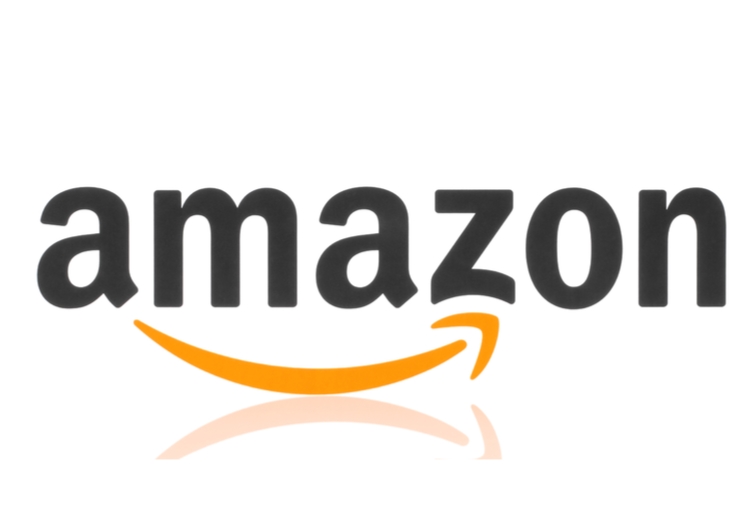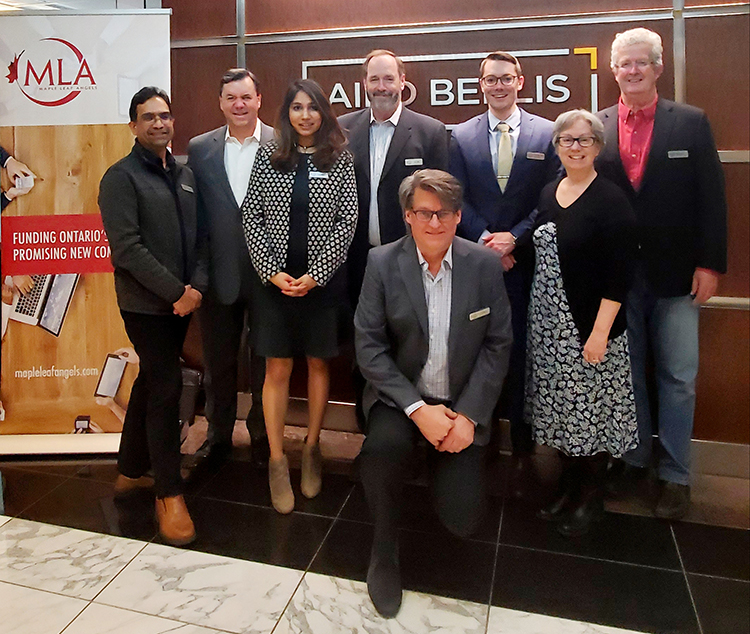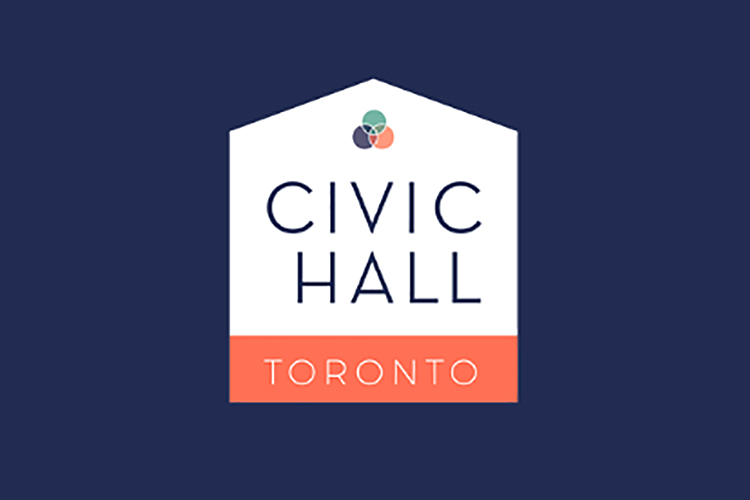Will the Arrival of HQ2 Be Good for Startups?

The hunt for Amazon’s second headquarters continues to dominate tech sector news. The e-commerce titan is planning to invest more than US$50 billion into the construction and operation of “HQ2”, and the project is anticipated to create approximately 50,000 jobs in the winning North American city. Canadian cities in particular are vying for the project, as Toronto, Vancouver, Montreal, Halifax, Ottawa, Edmonton and Calgary all submitted their bids ahead of last Thursday’s midnight deadline.
In light of the current political climate in the U.S., Canadian cities – and Toronto in particular – are emphasizing the opportunities that Canada provides for immigration and openness, and how that fosters a vibrant, diverse pool of tech talent. We’ve previously discussed how Canadian cities and provinces are well-poised to capitalize on President Trump’s immigration policies. Ontario has responded by enacting programs such as the fast-track Visa that streamline immigrant entrepreneurs’ movement into Canada.
The Toronto region’s bid for HQ2 comes with an endorsement from Prime Minister Trudeau, and a commitment from the Ontario government to invest $30 million in the Vector Institute over the next three years to educate AI specialists. This investment is part of a larger plan to foster more STEM talent in Toronto and increase the number of postsecondary students graduating from STEM fields by 25% over the next five years.
But will the arrival of HQ2 be good for startups?
Local technology companies are leery about the inevitable changes that would occur if the Toronto region’s bid succeeds. The move would be hugely disruptive to the local tech scene and would involve increased competition for Toronto’s burgeoning tech talent pool, possibly resulting in insufficient resources for smaller companies that might not be able to match perks or salaries. Proponents of the bid, on the other hand, argue that the arrival of Amazon would create an influx of new talent into the city.
The arrival of HQ2 could also create the types of problems that Seattle had to contend with after Amazon established its headquarters there in 2010, such as an increase in housing prices and traffic (both already a problem in Toronto) and the cost of living overall.
It’s heartening, then, that Premier Wynne and Ed Clark, Chair of the Vector Institute, have committed to the investments whether or not the Toronto region secures the Amazon bid. Regardless of the outcome of the bidding war, the Ontario government has recognized the importance of investing in technological education.



